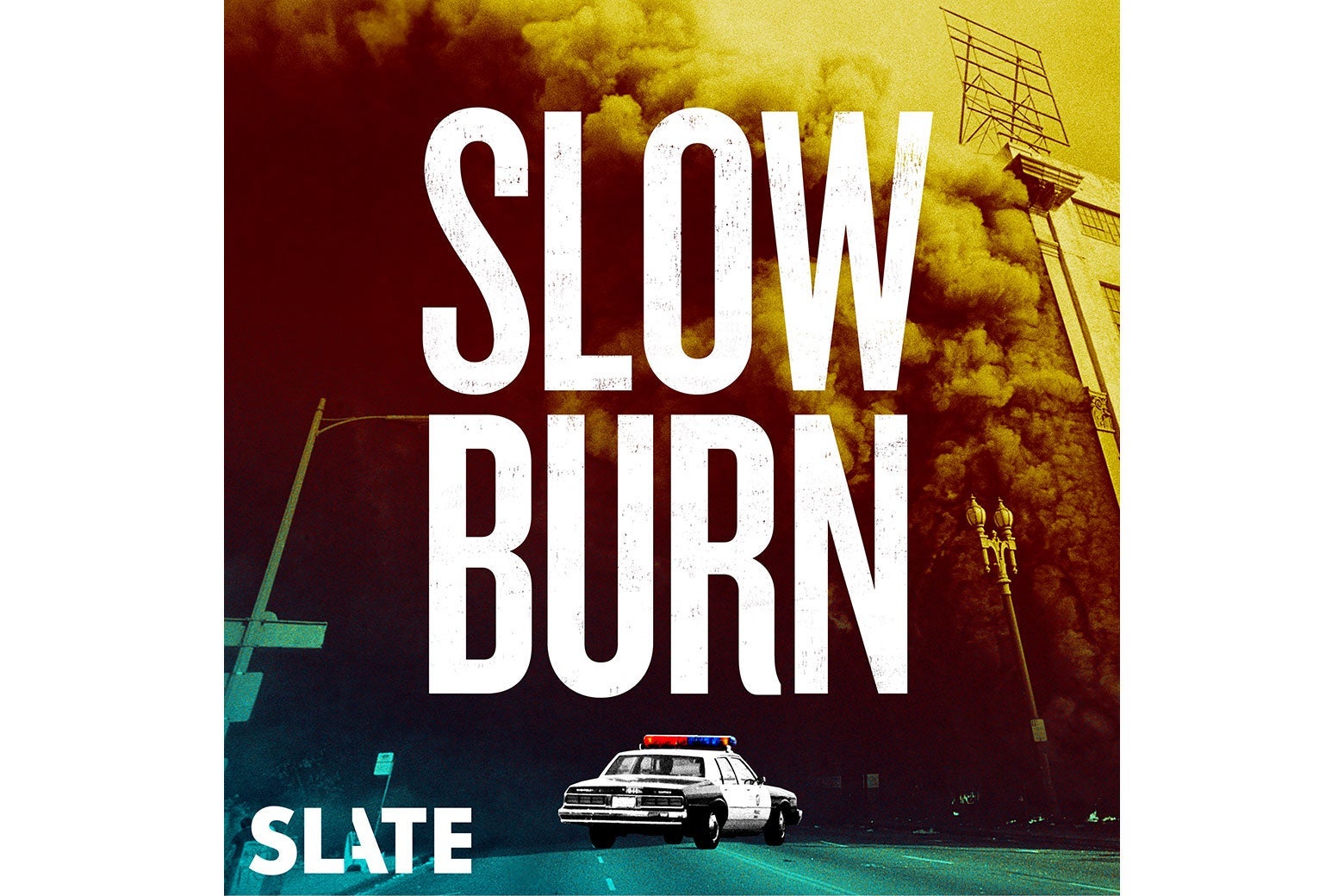Core Concepts
The author delves into the origins of the L.A. riots, highlighting the crucial starting point and factors that ignited the unrest.
Abstract
The content explores the inception of the L.A. riots, shedding light on where it all began and how it escalated. It emphasizes the importance of understanding historical events to comprehend their impact on society.
After the Rodney King Verdict, Los Angeles Erupted
Stats
Please enter a 10-digit phone number.
Quotes
Key Insights Distilled From
by at slate.com 12-15-2021
https://slate.com/podcasts/slow-burn/s6/the-la-riots/e6/south-central-la-riots-origins
Deeper Inquiries
What societal factors contributed to the escalation of the L.A. riots
The L.A. riots, which began in South Central Los Angeles in 1992, were fueled by a combination of long-standing societal issues that had been brewing for years. One key factor was racial tension and economic inequality, as the predominantly African American community felt marginalized and oppressed by systemic racism and poverty. The acquittal of four white police officers involved in the beating of Rodney King, a black motorist, served as a catalyst for the pent-up frustration to explode into violence.
Additionally, high levels of unemployment and lack of access to quality education and healthcare further exacerbated feelings of disenfranchisement among residents in South Central LA. The lack of trust between law enforcement and the community also played a significant role, with many feeling that police brutality against minorities went unchecked.
Gang activity and drug trafficking were prevalent in the area at that time, adding another layer of complexity to the situation. These factors combined to create a volatile environment where any spark could ignite widespread unrest.
How did media coverage influence public perception during the riots
Media coverage played a crucial role in shaping public perception during the L.A. riots. The images broadcasted on television screens across the nation depicted scenes of chaos, violence, looting, and fires raging through neighborhoods. This sensationalized reporting often focused on dramatic visuals rather than providing context or background information on why these events were unfolding.
As a result, many viewers formed negative stereotypes about those participating in the riots without understanding their underlying grievances or frustrations. Biased portrayals reinforced existing prejudices against minority communities while failing to highlight systemic issues such as police brutality or economic disparities.
Moreover, selective framing by media outlets influenced how different groups interpreted the events unfolding during the riots. Some saw it as an uprising against injustice while others viewed it solely as criminal behavior needing harsh suppression.
How can historical events like the L.A. riots shape future social movements
Historical events like the L.A. riots serve as powerful reminders of unresolved social injustices and inequalities within society that can fuel future social movements for change.
These incidents highlight deep-rooted issues such as racism,
police brutality,
economic disparity,
and lack
of opportunities faced by marginalized communities.
By studying past movements like
the civil rights era sparked by similar acts
of resistance,
activists can draw inspiration from strategies used before
to address current challenges effectively.
Furthermore,
these historical markers provide valuable lessons on what tactics work best when advocating for social justice reforms
and how collective action can bring about meaningful transformation within institutions.
Overall,
by acknowledging our history's darker chapters like
the L.A.
riots,
we are better equipped to navigate present-day struggles towards creating more equitable societies for all individuals involved
0
